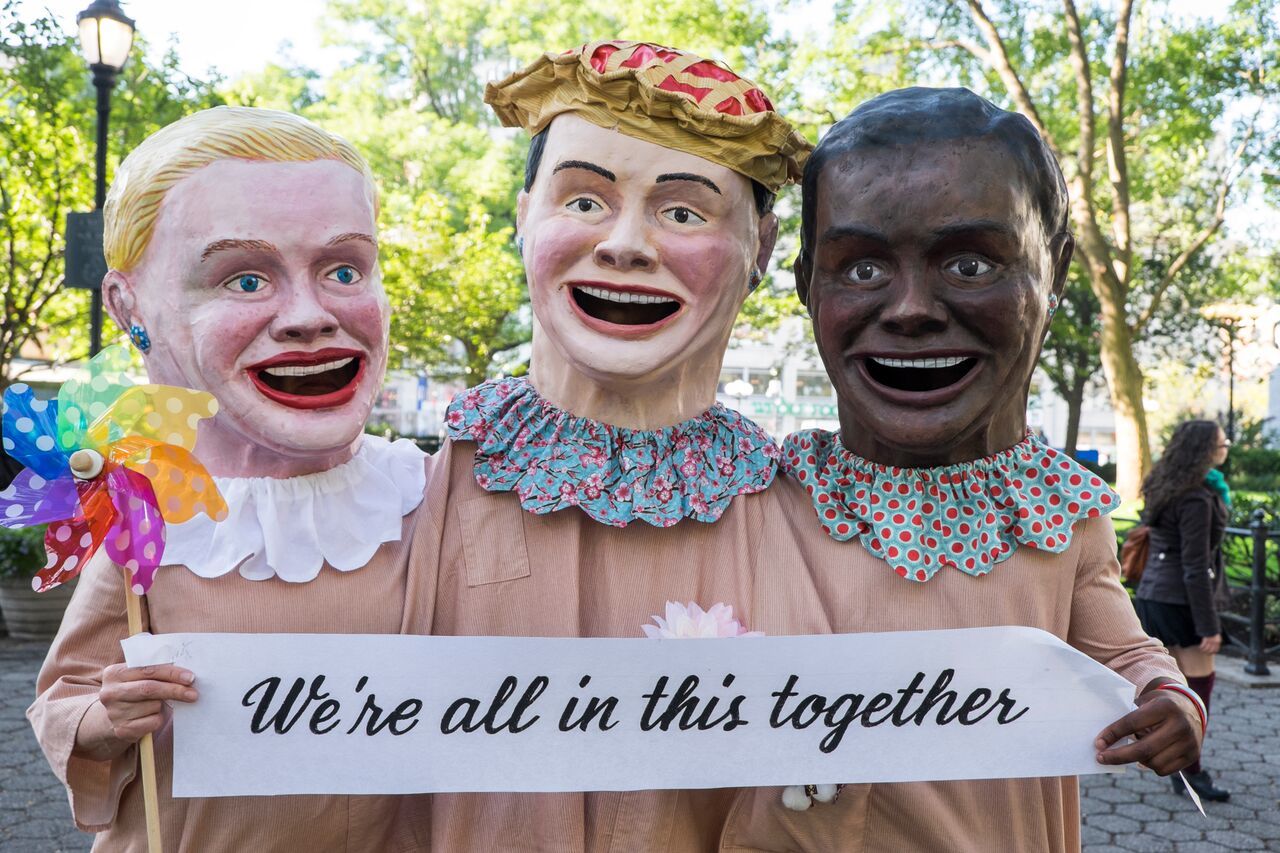Jean L. Kreiling
Hearing the Vienna Boys Choir at Plymouth Memorial Hall
A chance mismatch of history:
a long-gone empire's youthful choir
sings where a New World colony
once struggled. Like birds on a wire,
these sailor-suited boys are sure
and naïve, their small voices sweet
and silvery—imperfect, pure
reminders of time's steady beat.
Beside me, just as clear and bright,
and just as sweet to recognize,
an elderly, familiar light:
the pleasure in my mother's eyes.
Mirror Nonet for Three Sisters
Bred from a versatile vine, we might
be Zinfandel, Merlot, Chablis.
One inherited the curls,
one the tidiness gene,
one the travel bug—
three vintages,
three glasses
filled with
love.
Love
does not
reconcile
sweet and dry, or
golden and reddish,
but it softens the tongue,
and cools the throat once inflamed
by cross words and competition,
and ripens all we took from the vine.
Treasures
He'd never understood it—why these bits
of colored glass aroused in her such fits
of longing, followed by the acquisition
of pretty breakables. Her disposition,
not always sunny, brightened when she made
a sparkling work of art her own; he'd trade
an arm to see that smile. He'd watched her buy
a small red pitcher and a slender sky—
blue bud vase and a paperweight with pink
and yellow swirls and cups you couldn't drink
from (striped and speckled, fat and fluted)
and antique bottles, their shades mostly muted—
rose, lilac, and pale yellow like her hair—
and little bowls that held nothing but air.
He wondered why she loved these delicate
and useless things. Did these inanimate,
well-crafted, shiny objects make her feel
as if she shared their glow? In their ideal
designs did they remind her to be glad
for every pleasure, every gift she had?
Perhaps. He worried, though: it all could shatter,
and rainbows of detritus quickly scatter,
so easily. And then might her distress
cause something else to fracture? He'd confess
he didn't want to know; he would protect
whatever she deemed worthy to collect.
And so he built for her a sturdy case
designed to hold and show off every vase,
bowl, pitcher, paperweight, and cup. He knew
that her joy was his own; he had to do
his best to safeguard every frangible,
beloved, lovely thing—the tangible
bright baubles, her intangible delight,
and all the colors of each day and night
they shared. The case itself was mostly glass,
through which the always-shifting light could pass,
igniting every hue. The irony
did not escape him: these glass shelves could be
smashed, too. And so, he guessed, could everything;
you still love what or whom you love; you cling
to all that shines for you. And she was thrilled
with what he'd done; she kissed him and then filled
the case with treasures. It was no surprise
when he saw his own treasure in her eyes.
|
|
 |
 |
|
|
 |
|
 |
|
|
|
 |
| Megan Marlatt:Looking like large puppet heads, it was "anima", the root of "animation", that led me to the making of the big heads, (or "capgrossos" as they are called in Catalonia where I learned the craft.) Anima is the soul or what breathes life into a being and to animate an inanimate object, an artist must insert a little soul into it. However to bring attention to what is invisible, (the soul), I chose to mold its opposite in solid form: the persona, the ego, the big head, the mask. Nearly every culture across the globe has masks. They allow performers to climb into the skin of another being and witness the other's world from behind their eyes. While doing so, the mask erases all clues of the performer's age, gender, species or race. In this regard, I find them to be the most transformative and empathic of all human artifacts.
|
|
|
|
|
|
 |
|
 |
|
|
|
|
